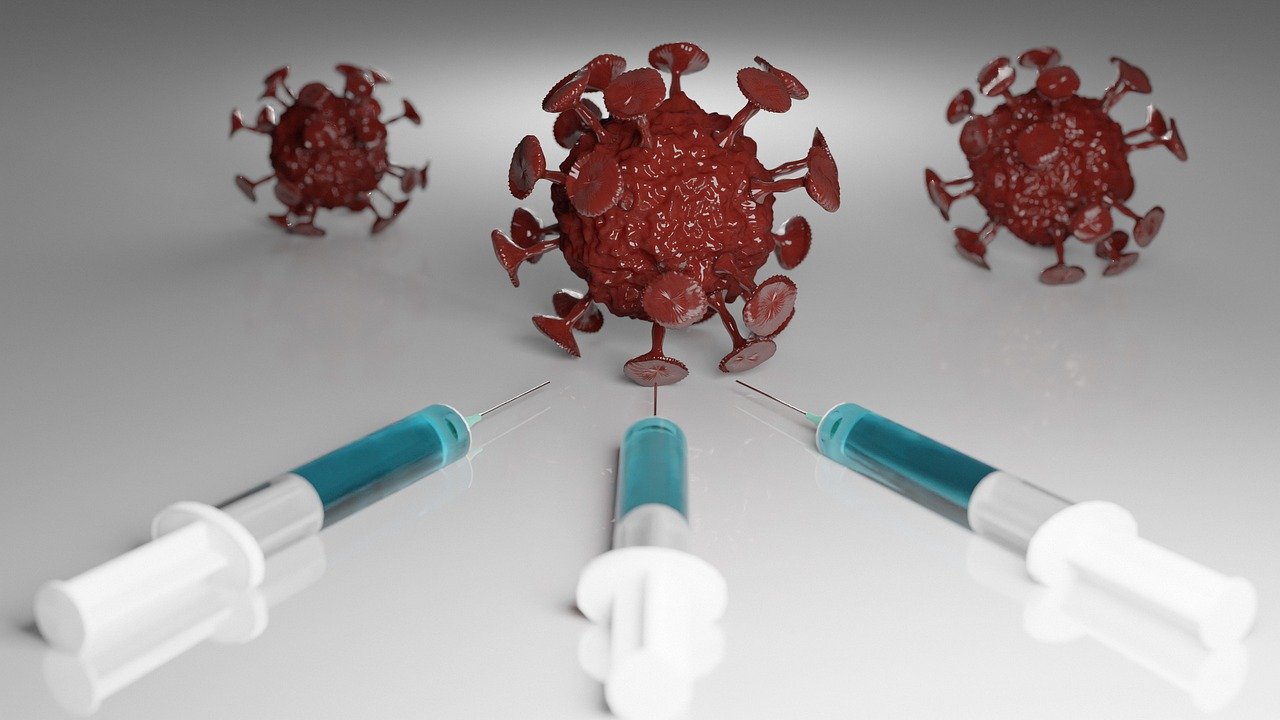— Dr Praveen Garg, Senior Consultant, Surgical Oncology, Indraprastha Apollo Hospitals
Colorectal cancer which is also called bowel or colon or rectal cancer, is any cancer that affects the colon and the rectum. It usually affects older adults; however, it can occur at any stage in life.
It is a kind of cancer that begins in the large intestine (colon). Over time, some of these polyps can result in colon cancers. The patient needs to visit the colorectal surgeon to know the cancer stage so they can provide the best possible treatment and share the correct outlook.
An early diagnosis will give the patient the most obvious opportunity for curing it. According to recent research, people between the age of 50 to 75 years old and the ones who have a life expectancy of at least ten years are most likely to get affected by colorectal cancer.
Colorectal cancer has four stages, with stage 0 as the earliest stage, and stage 4 is the most advanced:
- Stage 0: It is a stage where abnormal cells are only in the inner lining of the colon or rectum.
- Stage 1: Cancer has penetrated the mucosa, of the colon or rectum and may have developed into the muscle layer.
- Stage 2: It spreads to the colon or rectum walls or through the boundaries to nearby tissues however hasn’t influenced the lymph hubs.
- Stage 3: It has moved to the lymph hubs however not to different parts of the body.
- Stage 4: It has spread to other distant organs, like the liver or lungs.
ALSO READ: Is There A Link Between Certain Bacteria And The Risk Of Developing Colorectal Cancer?
Causes of colorectal cancer
By and large, colon cancer starts when healthy cells in the colon create changes (mutations) in their DNA. A cell’s DNA contains a bunch of directions that instruct a cell. Healthy cells develop and divide deliberately to keep the body working usually.
But, when a cell’s DNA is harmed and gets cancerous, the cells continue to divide. As the cells aggregate, they structure a tumour. With time, the cancer cells can develop to attack and annihilate normal tissue. These cells can head out to different pieces of the body to shape stores there (metastasis).
Signs and Symptoms
- A determined change in the bowel propensities that includes diarrhoea or constipation
- Rectal bleeding or blood in the stool
- Persistent discomforts in the stomach like cramps, gas or pain
- Weakness
- Unexplained weight reduction
Treatment
Surgery
In the initial stage of colorectal cancer, the surgeon might remove the cancerous portion through surgery. But if cancer has spread into the bowel walls, there might be removal of a part of the colon, or the surgeon might perform a colostomy.
Chemotherapy
Chemotherapy is the most common procedure which involves the use of potent drugs and medicines to kill cancerous parts. Chemotherapy regularly occurs after a medical procedure or surgery for individuals with colorectal disease, when it’s utilized to obliterate any lingering cancerous cells. Chemotherapy additionally controls the development of tumours
Radiation
Radiation involves a powerful energy beam, similar to that used in X-rays, to target and destroy cancerous cells before and after surgery.
Ablation
Ablation is a known procedure that contributes to destroying a tumor without removing it. Itis usually carried out by using radiofrequency, ethanol, or cryosurgery.
Several certain risk factors, such as family history and age, aren’t preventable. However, certain lifestyle factors like reduction in the consumption of red meat and dietary fat and increase in the consumption of plant-based foods can contribute to cancer prevention, which may help reduce the overall risk of developing this disease.











